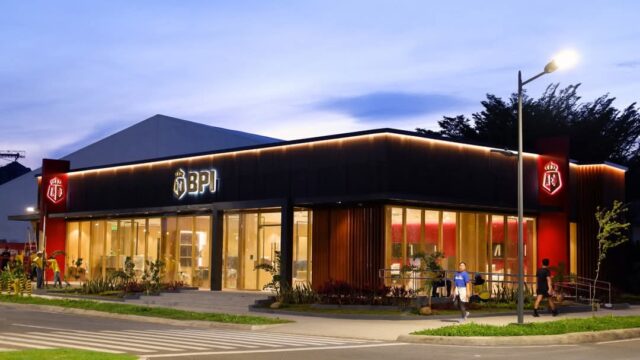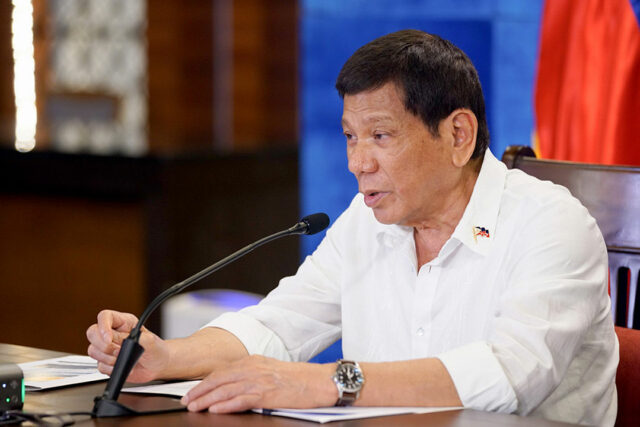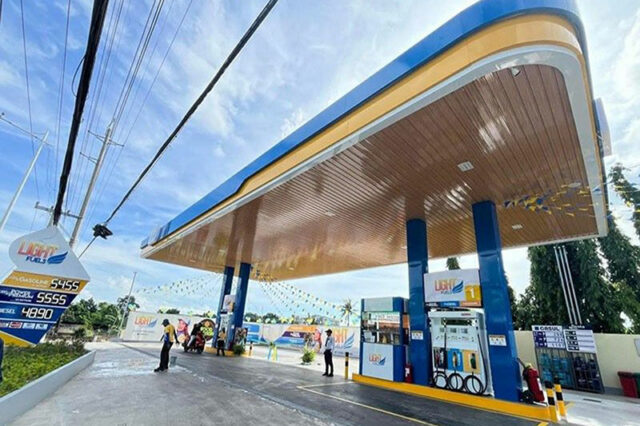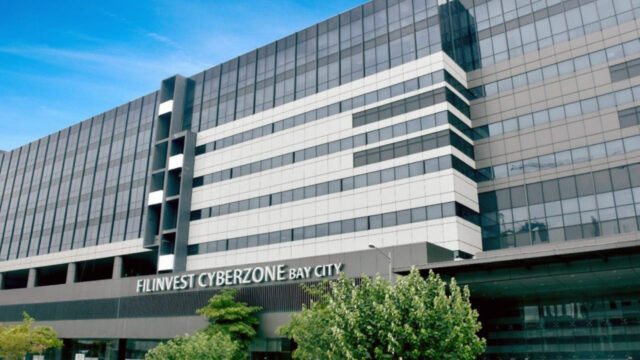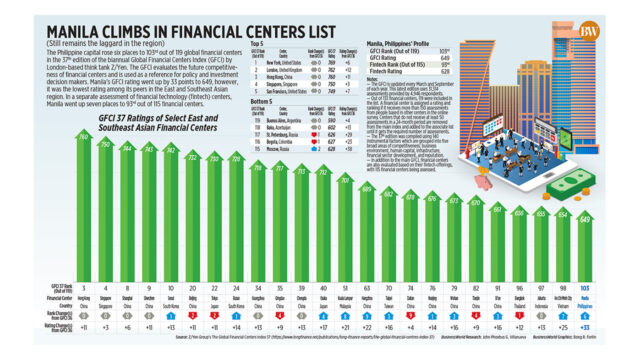Senate President Francis Escudero called on candidates in the coming elections to refrain from using the arrest of former president Rodrigo Duterte as a campaign issue for political gain as it involves lives. But that is the more reason to make the arrest a campaign issue, because it involves lives lost by extra-judicial killings (EJK) — 6,252 by the Philippine National Police’s count, as many as 30,000 by the human rights watchers’ tally.
President Ferdinand “Bongbong” Marcos, Jr. has used the EJK a campaign issue. When he proclaimed his candidates for the Senate, he said no one on the slate was involved in EJK. He used the same pitch when he introduced his candidates in their campaign sorties to the provinces. It is a jab at Duterte’s senatorial ticket, which includes current senators Ronald “Bato” Dela Rosa, the field commander of the War on Drugs, and Bong Go, Duterte’s personal aide during his term as president, who are both running for reelection.
‘I’LL KILL YOU’
On the eve of the May 9, 2016 elections, presidential candidate Rodrigo Duterte told a crowd of more than 300,000: “If I make it to the presidential palace, I will do just what I did as mayor [of Davao]. You drug pushers, holdup men, and do-nothings, you better get out because I’ll kill you.”
From the time he took office in June 2016 to the end of his term in June 2022, President Duterte carried out a “war on drugs” that led to the death of thousands of Filipinos, mostly urban poor. He and other senior officials instigated and incited the killings and the Philippine National Police (PNP), then headed by Bato dela Rosa, perpetrated them. Human rights organizations and international lawyers called the campaign “crimes against humanity.”
Before Duterte’s arrest and turnover to the International Criminal Court (ICC) for alleged crimes against humanity, Social Weather Stations (SWS) conducted a national survey that asked respondents how much they agreed or disagreed with the idea that the former president should be held accountable for all the EJK waged during his administration’s War on Drugs. The poll, sponsored by Stratbase Consultancy, was conducted in the middle of February this year.
Fifty-one percent of the respondents answered that they agreed with the statement while 25% disagreed. Fourteen percent were undecided and 10% said that they were not knowledgeable enough to express their opinion.
Senatorial candidates should make known to the electorate their stand on the issue of whether former president Duterte should be held accountable for all the EJK committed during his administration’s War on Drugs. While President Marcos Jr. has repeatedly said no one among his senatorial candidates was involved in the EJK, their stand on the issue of EJK and the corollary issue of Duterte’s arrest have to be made clear to the voters.
Three of Marcos Jr.’s senatorial candidates — Tito Sotto, Ping Lacson, and Manny Paquiao — implicitly justified the killings. Immediate relatives of Pia Cayetano, Camille Villar, and Francis Tolentino also did.
WHO VOTED AGAINST DE LIMA?
I take you readers back to August 2016. Senator Leila de Lima, then chairperson of the Senate’s Committee on Justice and Human Rights, convened Senate hearings into the killings of alleged drug users and drug dealers from the time President Duterte took office on June 30. At the hearing on Sept. 15, Edgar Matobato, who claimed to have worked as a former hitman of Mr. Duterte when he was mayor, testified that Mr. Duterte was involved in the killing of about 1,000 individuals in Davao City, where Mr. Duterte had been mayor for more than two decades.
Matobato was scheduled to appear again in the Senate hearing on Sept. 19 to continue his testimony. But before he could do so, Senator Alan Peter Cayetano, President Rodrigo Duterte’s vice-presidential running mate in the 2016 general elections, delivered a privilege speech in which he accused Ms. De Lima of misrepresenting to the international media the real status of the extrajudicial killings in the country. “We might all lose these wars, but the biggest loser… will be the economy. Why allow our institutions to be used that way?” he lamented.
In reaction, neophyte senator Manny Pacquiao, a party-mate of President Duterte’s, moved that the Senate declare the chairmanship and membership of the Committee on Justice and Human Rights vacant. Sixteen senators voted “yes.” In effect, they kicked Ms. De Lima out of the committee.
The 16 senators who voted to oust Ms. De Lima were Sotto (at the time the majority floor leader), Lacson, Pacquiao, Alan Peter Cayetano, Cynthia Villar, Koko Pimentel (at the time Senate president), Loren Legarda, Grace Poe, Sherwin Gatchalian, Nancy Binay, JV Ejercito, Migz Zubiri, Joel Villanueva, Sonny Angara, Richard Gordon (who was subsequently elected chairman of the committee), and Gregorio Honasan. Liberal Party senators Frank Drilon, Kiko Pangilinan, Bam Aquino, and Risa Hontiveros, voted “no.” Senators Francis Escudero and Ralph Recto abstained, and Senators De Lima and Antonio Trillanes did not participate in the voting.
At the time Pia Cayetano had just been elected one of the Deputy Speakers of the House of Representatives. Francis Tolentino’s brother, Abraham, was one of the congressmen who filed a resolution that led to the investigation of De Lima’s supposed involvement in the drug trade inside the national penitentiary. That “investigation” became the basis of the issuance of a warrant of arrest for Ms. De Lima.
In the evening of the day the warrant of arrest was issued, Bato dela Rosa, at the time chief of the PNP, led a convoy of police vehicles to serve the warrant to Ms. De Lima who had gone home to pack up the personal effects she would need in detention. But the Senate sergeant-at-arms intercepted De La Rosa to tell him to serve the warrant to Ms. De Lima at the Senate the following morning.
At the appointed morning, Senator De Lima was at the Senate waiting for Chief of Police Dela Rosa to serve her the warrant. Upon receiving it, she peacefully surrendered to Dela Rosa, who brought her to the detention center of the PNP headquarters in Camp Crame where the senator would spend almost seven years.
TAKE A STAND
So, President Marcos Jr.’s senatorial candidates Tito Sotto, Ping Lacson, Manny Pacquiao, Pia Cayetano, Camille Villar, and Francis Tolentino must tell the voters what their stand is on the question of whether Duterte should be held accountable for all the EJK, because their past stand or that of their immediate relatives seems to be in conflict with their party’s campaign pitch. Benhur Abalos, who President Duterte appointed Metro Manila Development Authority chairman, Erwin Tulfo, Abby Binay, Bong Revilla, and Lito Lapid also have to state their position on the issue. Imee Marcos made known her stand when she convened the Senate Foreign Relations Committee to investigate the arrest of Mr. Duterte.
By the way, Chief of Police Dela Rosa, to whom Senator De Lima surrendered peacefully, the same Senator Bato dela Rosa who is now running for re-election to the Senate under Mr. Duterte’s banner, has been in hiding since word leaked out that warrants of arrest issued by the ICC for crimes against humanity were ready to be served him.
The other senatorial candidates endorsed by Mr. Duterte need not state their stand on the issue. The same with the Makabayan bloc candidates. Their opposing stands are obvious from their party affiliations. But independent candidate Ben Tulfo must tell the electorate his stand.
Meanwhile, independent candidate Willie Revillame has admitted he has no legislative platform. I conclude he has no idea what the issues of national import are. And he could not care less.
Independent candidate Gringo Honasan, who had been elected to the Senate three times, said he was at a loss for a response when asked rhetorically, “When our child misbehaves, do we let the next-door neighbor discipline him?” His contorted analogy to the arrest of Mr. Duterte betrayed his position.
Mr. Duterte is not a misbehaving child turned over to the neighbor for disciplinary action. He is the father (he is called Tatay Digong) who inflicted cruel punishment (EJK) to misbehaving children (drug users/dealers/suspects) causing the human rights watchers (the Department of Social Welfare and Development) to complain to authorities (the Department of Justice). But because the prosecutor (Menardo Guevarra) would not file charges, the complainants went to an international court (ICC).
Oscar P. Lagman, Jr. has been a keen observer of Philippine politics since the 1950s.


